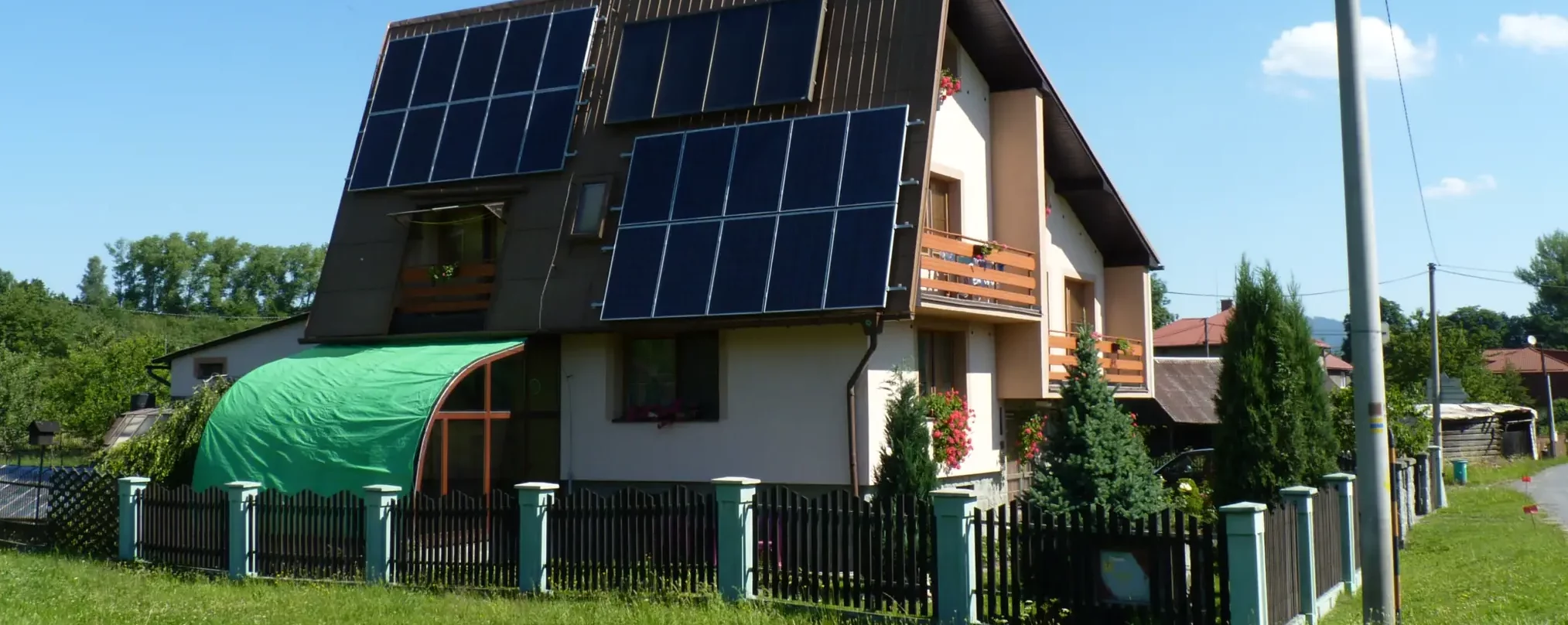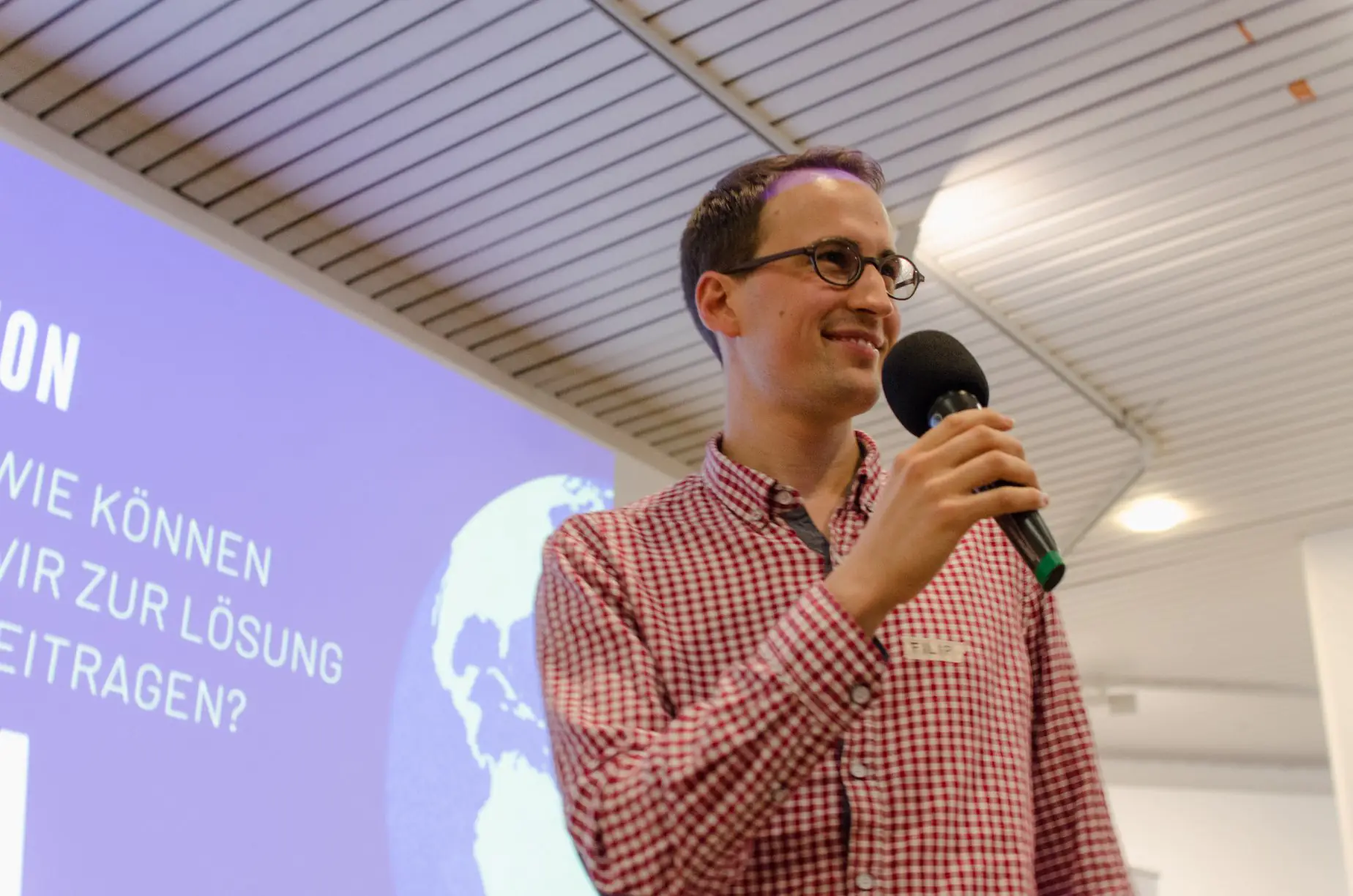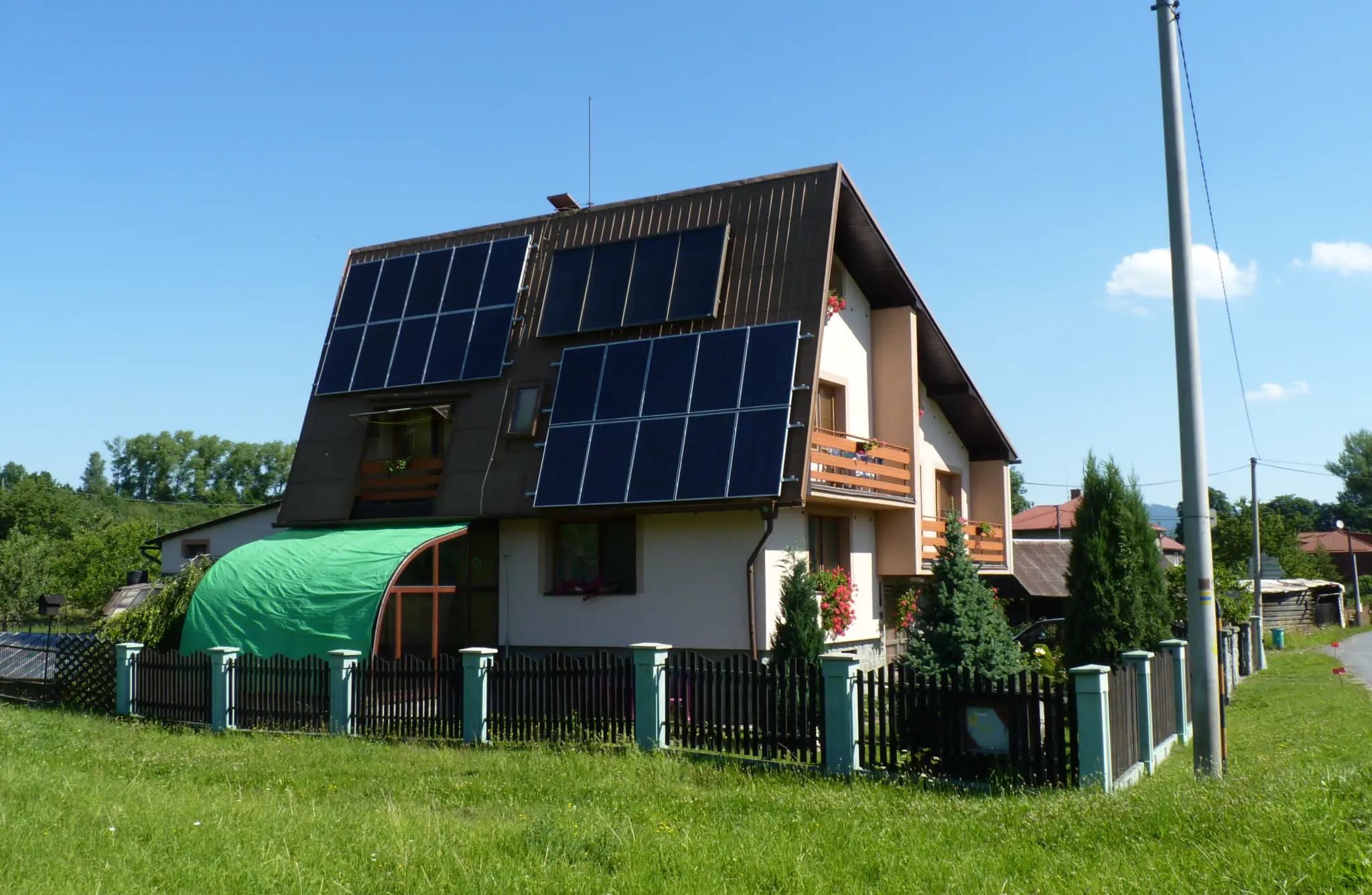Czech Climate Journalism Begins to Take off
Unbearable heat in summer, forest fires, water shortages – the consequences of climate change in the Czech Republic are very similar to those being felt in Germany. The tenor of reporting is also gradually changing, although the handful of climate reporters in the Czech Republic still face widespread scepticism about climate change and accusations that they are driving activism.

‘Until very recently, we still had to explain to many people in the Czech Republic that there is actually such a thing as anthropogenic climate change,’ Czech journalist Filip Rambousek says. With his colleague Štěpán Vizi, he produces the Czech-German climate podcast ‘Karbon’ (Carbon) [Czech/German], which aims to broaden understanding of the Central European take on the climate crisis.

Project
Further information
‘Now that we are actually seeing the impacts of the climate crisis in the Czech Republic, it is easier to communicate the fact that we need to adapt,’ says Rambousek.
Like Germany, the Czech Republic suffered extreme droughts [German] last summer, resulting in water shortages and widespread forest fires. Polls indicate that the majority of Czechs now accept the existence of the climate crisis.
It would be more difficult to communicate those emissions also need to be reduced, however. ‘It is a far more abstract concept,’ Rambousek explains. The Czech Republic is a highly industrialised country, and many jobs depend on the automobile industry. According to the European Parliamentary Research Service, the country’s per capita greenhouse gas emissions were the third highest in the EU in 2019.
Renewables could help cut emissions. But writing that one day the Czech Republic could meet all its energy needs from renewables ‘feels like science fiction’, the journalist Jiří Nádoba [Czech] says. He reports on energy and economic affairs for the Czech weekly magazine Respekt.
Nuclear power rather than renewables
To date, the country’s energy mix has been dominated by fossil fuels such as coal, gas and oil, followed by nuclear power. Less than six per cent of power is generated from renewables. The Czech Government is focusing on nuclear power [German] to reduce the country’s dependence on fossil fuels and is planning to build small modular reactors (SMRs) [German].
Germany’s position on nuclear power is very different from the stance of the Czech Republic. ‘Most people here are in favour of expanding the use of nuclear power,’ says journalist Jiří Nádoba.
The Czech landscape largely consists of gently rolling hills, broken only by bushes and fences. Not a wind turbine in sight.
‘People here associate renewable energy with fraud and corruption,’ says Nádoba, explaining that the Czech Republic saw a solar boom around 2010 from which it was primarily individual investors who reaped the profits.
And there is a widely held belief that the country does not offer suitable geographical conditions for renewable energy because of a lack of wind and sun, he adds. ‘The Czechs think of themselves as a very small country that can’t really do much for climate action.’
Nádoba recently won [Czech] Czechia’s Ekopublika award for environmental journalism for an article he wrote about Denmark’s plan [German] to build an artificial island for renewable energy. The weekly magazine he writes for frequently addresses climate-related issues. ‘Just because of that, some readers say we are ‘progressive’ or ‘climate activists’, Nádoba tells us.

A new generation
In Brno, in the east of the Czech Republic, Žaneta Gregorová is organising the country’s first seminar on climate journalism at Masaryk University. Czech media have been publishing more climate content in the last few years, with a tendency to focus more on local issues than on global ones, she says. The tabloid media in particular often fail to provide background information on the climate crisis or to put extreme weather events in a wider context.
Gregorová flicks through the climate reports her students have written in the course of the seminar. They address activism, greenwashing and the country’s coal mining regions [German]. She aims to train a new generation of climate journalists.
‘Czech journalists reporting on the climate crisis today often do not see themselves as climate journalists,’ she says, adding that most editorial teams do not have a specific section for climate affairs, which is why there is still no nationwide network of climate journalists.
This nationwide networking in other European states has recently generated new impetus for reporting on climate issues. In France, Austria and Germany [German], climate charters have been published for the sector.
In the Czech Republic, climate reporting is gradually developing. In future, increased cooperation among Czech climate journalists within the country, and at transnational level, seems likely to offer considerable potential.
Elena Kolb is a freelance journalist who worked for eight weeks in the editorial office of the Czech weekly magazine Respect. She is also a fellow of the Climate and Energy Fellowships for Journalists in Europe project funded by EUKI and wrote this article originally for the German online magazine klimareporter.
Responsible for the content of this page is the named author / organisation:
Elena Kolb, journalist Climate and Energy Fellowships for Journalists in Europe
